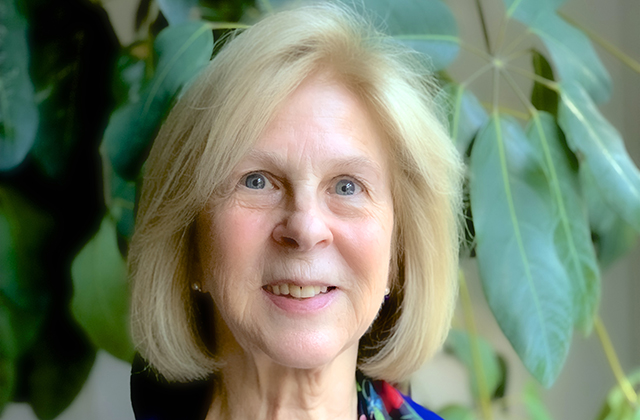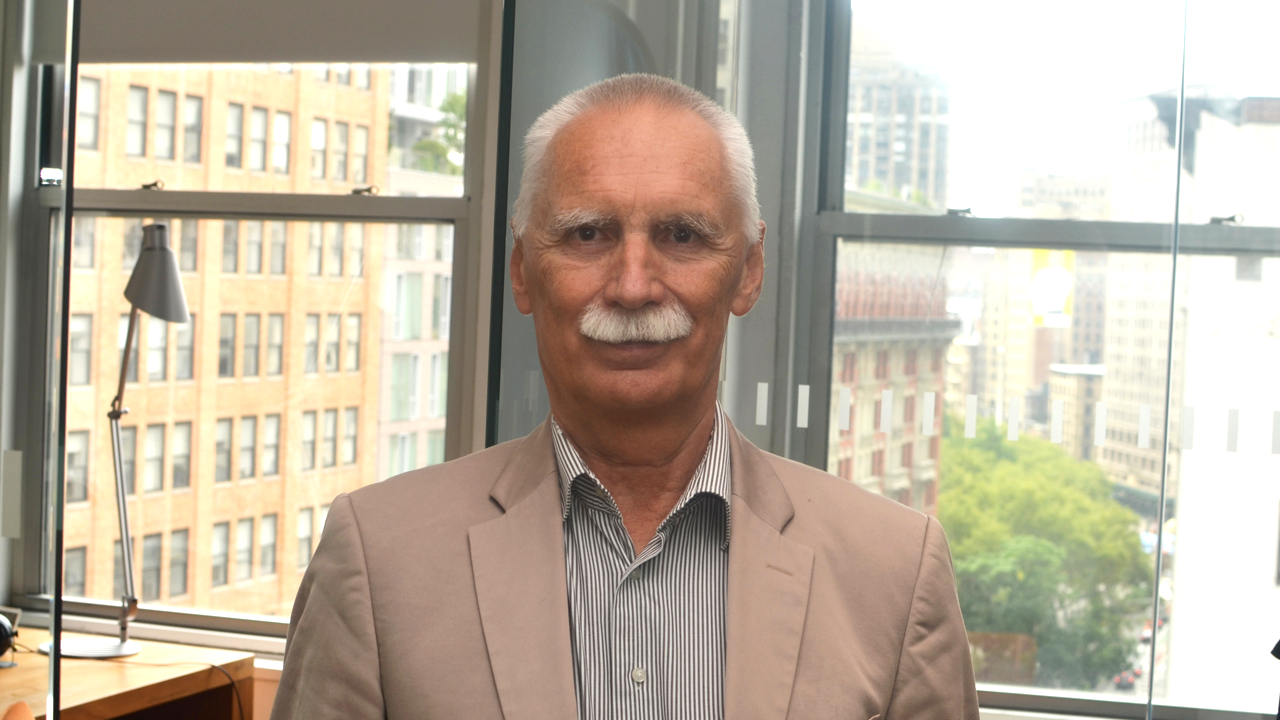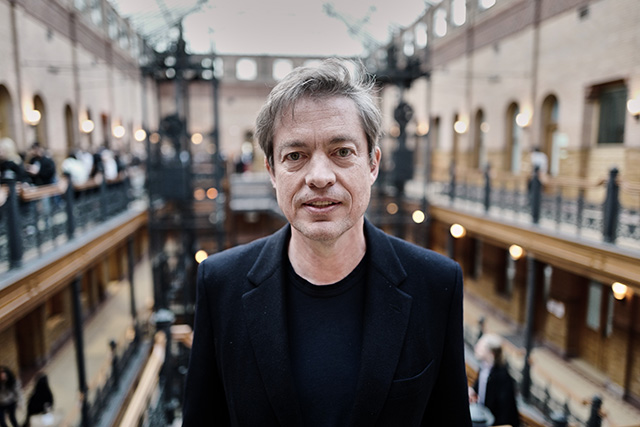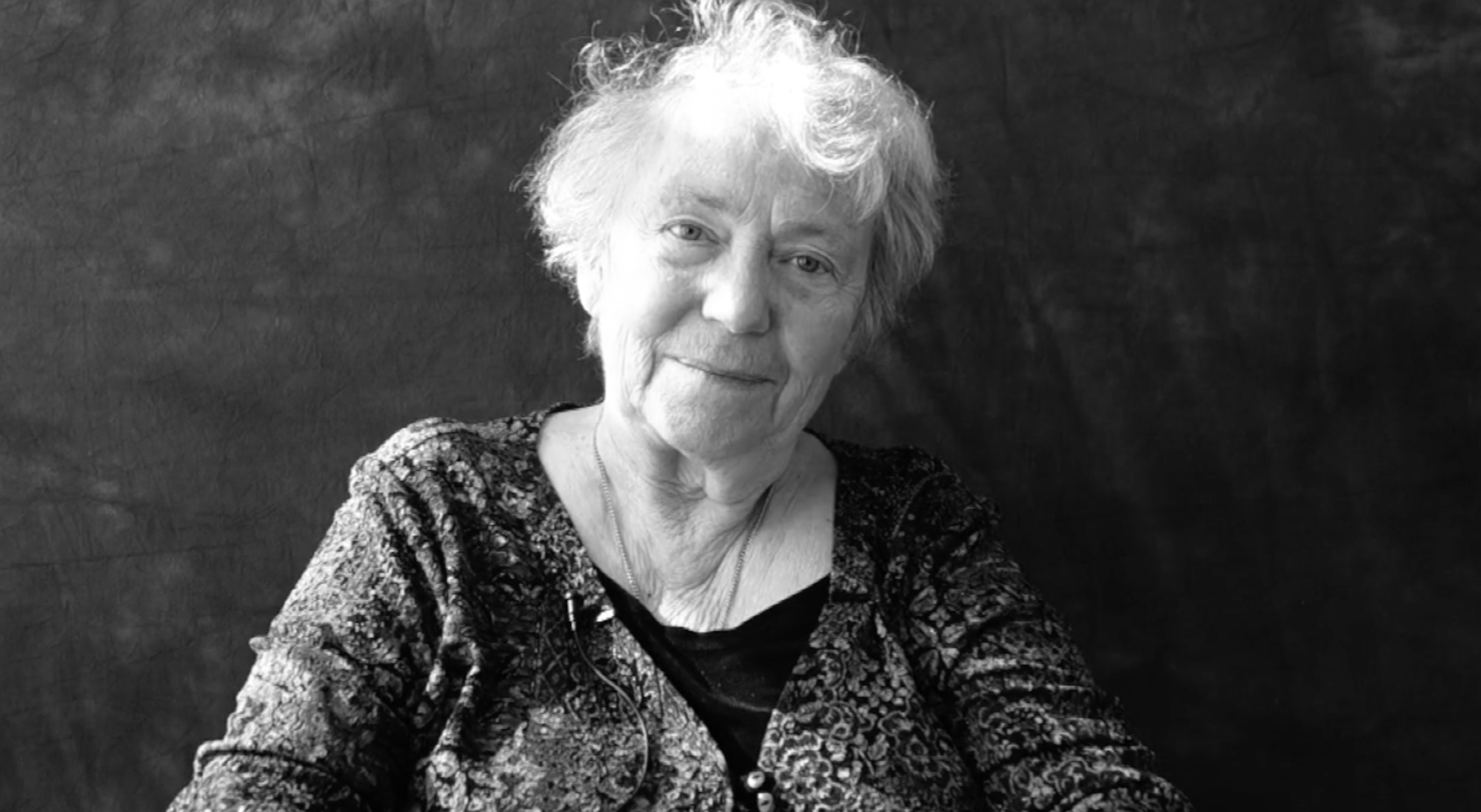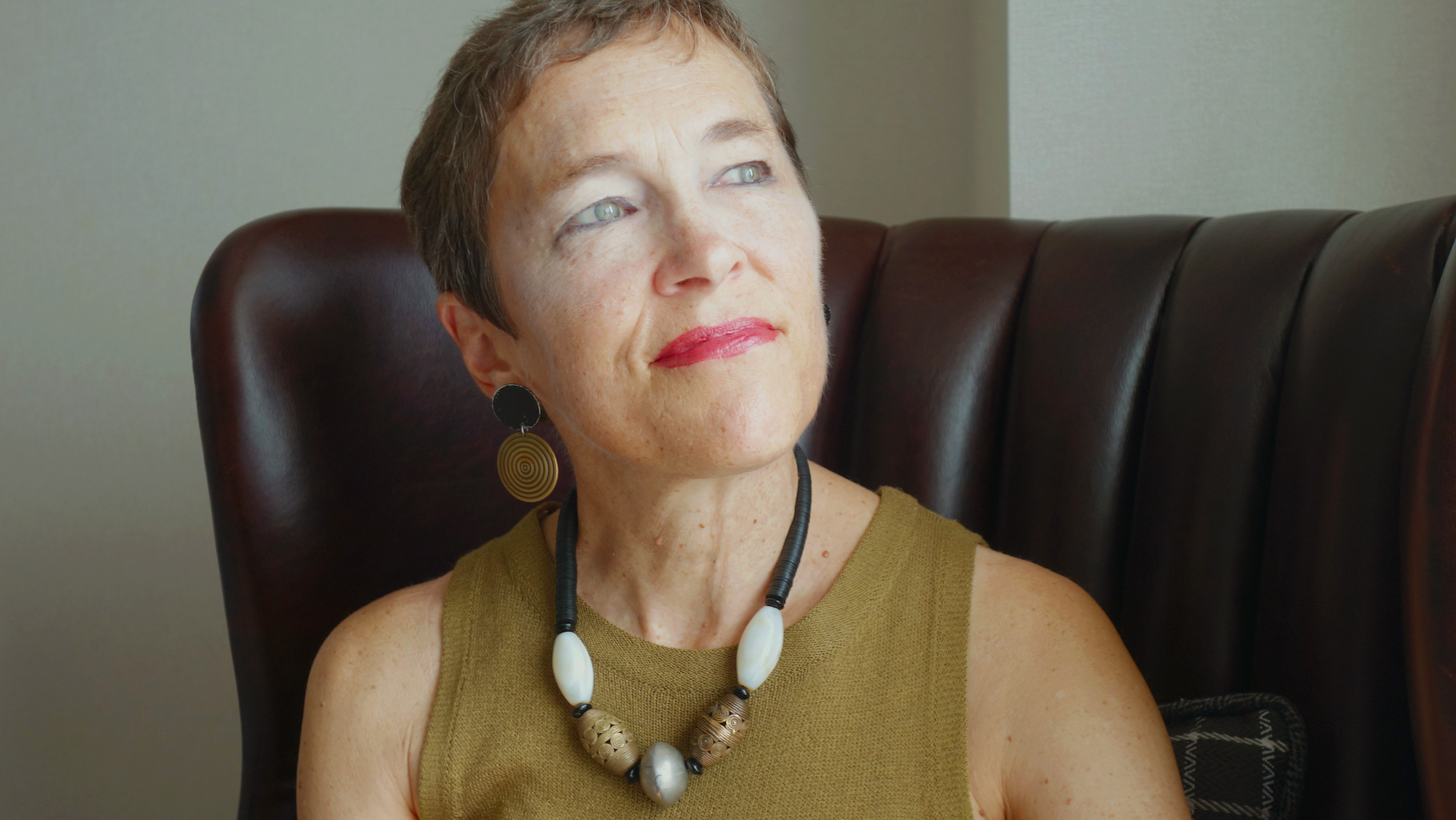
It’s twenty-five years later from the time that I started working on this, and we understand something quite different about the Gospel of Thomas. What it looks like more than anything else, when you put it in context with other historical material, is Jewish mystical thought, or, Kabbalah. Kabbalah, we thought, was first known from written texts from the 10th to the 15th centuries from Spanish-Jewish communities. Before that, there was a prohibition on writing about secret teaching. It was mystical teaching that you were not supposed to write about because you don't know what fool could get ahold of it if you did. So, there was a prohibition on teaching anyone mystical Judaism before he was thirty-five, and certainly not to women. People were old by thirty-five, so you had to be a mature Jewish man to have access to that kind of teaching.
I, and others who study Jewish mystical thought at the Hebrew University in Jerusalem, suspect that this tradition goes back 2,000 years. This text says it’s Jesus’ secret teaching. Could it be? It could be. I don't know if it is or not, but it’s fascinating to see that what rabbis called “mystical thought” was labeled by Christian bishops in the 4th century to be heresy. That’s when I realized how religious imagination and politics coincide, because of the politics in the 4th century when Christian bishops were beginning to ask who this Jesus of Nazareth was. Jesus was God in human form, and he’s the only one who is the Son of God in human form. So, you can create a monopoly on divine energy and power with a religion that has the only access to the only person in the universe who ever channeled God directly, or was God and became human. That works very well for Orthodox Christianity. . . .
These discoveries are changing the way we understand how cultural traditions were shaped and how they became part of the culture in very different forms than they had begun. I find that enormously exciting. They involve everything from attitudes about gender and sexuality to attitudes about power and politics, about race, and gender, and ethnicity. That’s why I began to write about Adam and Eve. I mean, who cares about Adam and Eve? You realize that those traditions still play out in the culture—in the laws of the United States, or the laws of Britain, or the laws in Africa, the laws against homosexuality, and the ones that claim that the only true marriage can be a marriage between a man and a woman for the purpose of procreation. The Defense of Marriage Act was written by Professor Robert George at Princeton for G.W. Bush. These things still resonate, often very unconsciously, in the culture.
ELAINE PAGELS is the Harrington Spear Paine Professor of Religion at Princeton University. She is the author, most recently, of Why Religion?: A Personal Story. Elaine Pagels' Edge Bio Page

